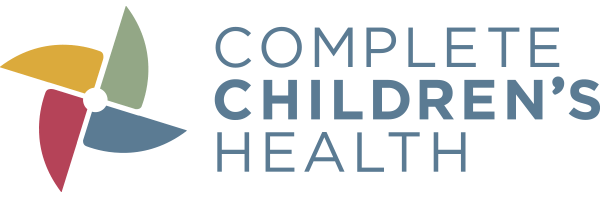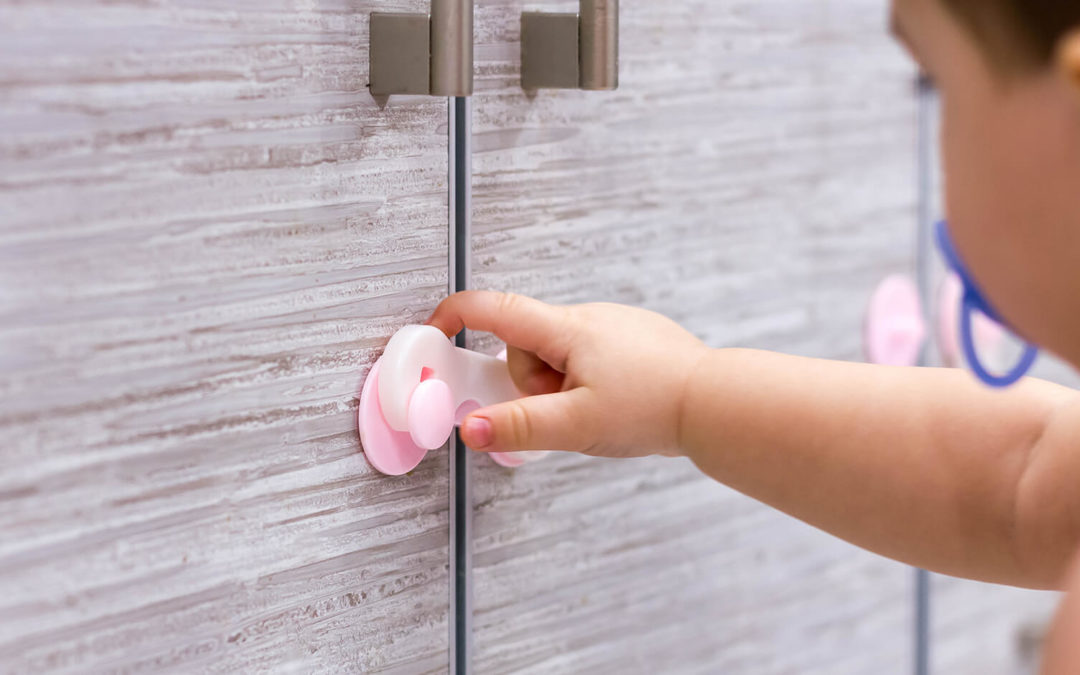Children accidentally consume dangerous chemicals every day in America. Working with new parents I often hear that they lock up all the medicines and cleaning chemicals, and that there is no way their child could get into them. I have learned that despite our best efforts children often find a way of getting themselves in trouble, and this includes accidental poisoning. For this reason, I would like to talk about accidental poisonings as part of my continuing series on child safety.
Many things are hazardous to children. We all know about the dangers of medicine and cleaning materials, but sometimes we forget about other chemicals that can harm our children. For example, alcohol poisoning is common in children. Alcohol in relatively small amounts can kill children. Herbal medicines, vitamins, gardening chemicals, and plants can also be very dangerous for young children. The Nebraska Poison Control Web Site: www.nebraskapoison.com has lists of common plants that are and are not poisonous.
The Poison Control Center recommends the following guidelines for storing poisons:
- Store medicines and cleaning products locked where children can’t see or reach them.
- Store poisons in the original container-this will help identify a chemical if ingested. In addition, most dangerous products have safety caps.
- Choose child products with child resistant caps.
- Have visitors keep purses up out of reach, as they may contain medication. People who are not normally around young children may not have their medication in child resistant bottles.
- Take care when visiting other people’s homes. Individuals who don’t have small children all the time will not have secured chemicals well.
- Do not refer to medication as candy.
- Do not take medications in front of children when possible.
- Know the risks of medication and chemicals when you buy them.
- Never leave children alone with a chemical even for a short time. Take the substance with you to answer the phone or door.
Children often get into trouble despite our best efforts. Some general steps to take if a child ingests a substance are as follows:
- Do not panic.
- Do not make the child vomit. This will often do more harm than the poison itself. If you have ipecac in your home, throw it away, as it is not recommended for use.
- If the child is having symptoms, or if you are sure that what he or she has ingested is toxic, take the child and the substance to the ER immediately for further care.
- Know the number for poison control at 1-800-222-1222, and use it whenever your child has ingested a substance that may be harmrul. It is a good idea to have this number written where you can find it in a hurry.

